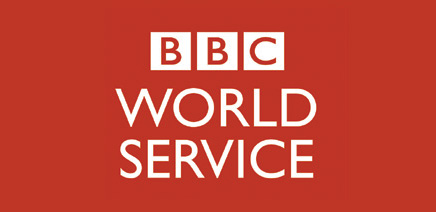BBC: Tom Burke has joined me in the studio. He is the chairman of the environmental think tank E3G. Tom Burke, what was it that went wrong in Copenhagen because for many people it was a disaster.
Tom Burke: Yes it was, I think two things went wrong, first of all I think that it was too early in the politics of climate change. Events hadn’t got to the pitch they’ve got to now, where the political risks to leaders of doing something about climate change are now being exceeded by the political risks of not doing something. The second thing that I think has changed, is that before Copenhagen a low-carbon economy was a Power Point presentation essentially, now it is a massive program that is absorbing most of the investment in new energy around the world, and is a serious option for investors to consider.
BBC: Let’s explore that idea about the politics of climate change having shifted, how would you characterise the nature of that shift. Has it come from the top down or has it come from the grassroots activism?
Tom Burke: I think your right, it has come really from the bottom up, not so much the activism, there was a lot of activism before Copenhagen as well, but analytically what was driving events before Copenhagen was essentially “the knowledge”, “the science”. I think what’s driving it now is experience, is the fact things are happening to people, they are witnessing the changing climate in front of them. That’s really what is now beginning to move the politics of climate change forward.
BBC: We still hear though don’t we that the countries that need to be persuaded are not really persuaded yet. I’m talking about China, about India and the United States.
Tom Burke: I’m not sure that is true anymore. I think that was certainly the picture before Copenhagen, but actually one of the reasons why there is more optimism now, is because China and America have come together in quite a strong way and they are really why it’s hard to see anybody wrecking this series of meetings. But there are still people, India is very difficult, India worries a lot about getting electricity to its poor, and it’s very focused on using a lot of coal in order to do that. I think there are countries like Saudi Arabia that still have reservations, but other countries like Venezuela, Cuba, and Bolivia that were very difficult before have really come much more to join the global consensus.
BBC: So how optimistic are you? You say there is a lot less of a chance of anybody wrecking it outright. It partly also to do with the fact that people have had to go to Paris with their ideas first, which is what didn’t happen in Copenhagen.
Tom Burke: That’s exactly right, I think the French have been very much cleverer than the people who organised Copenhagen, not only have they had people put what their offer is on the table first, but also they have had the leaders come in at the beginning not the end. So the leaders are going to come to Paris, make a speech, declare victory and go home, and that makes it very difficult for them to allow it to break down at the end, and undo all those good headlines.

